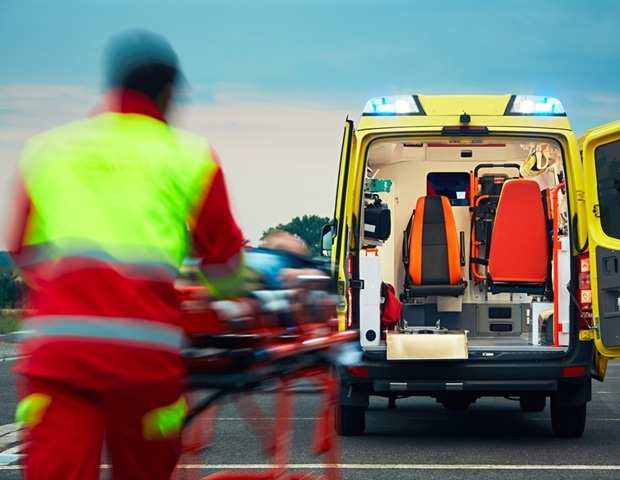nonethewiser
Well-Known Member
- Relationship to Diabetes
- Type 1
In stark contrast to the televised excess death statistics (see attached) used to take the country into lockdowns and destroy the economy the Irish government have made a new statement (see below) based on real population changes which were previously ignored.
"Adjusting mortality rates to take account of these changes has shown that Ireland did not record excess mortality during 2020-2022. In fact, Ireland had a lower than expected death rate.
Previous estimates of excess deaths during the pandemic did not take into account changes in population size and demographics.
Ireland’s total population increased by 8% between the 2016 and 2022 census while the number of people aged 65 and over increased by 22% during the same period. This is more than double the 10% increase in the EU 27 countries in the same time period".
Give it a rest lad, you seem consumed by subject which isn't good for anyone.









